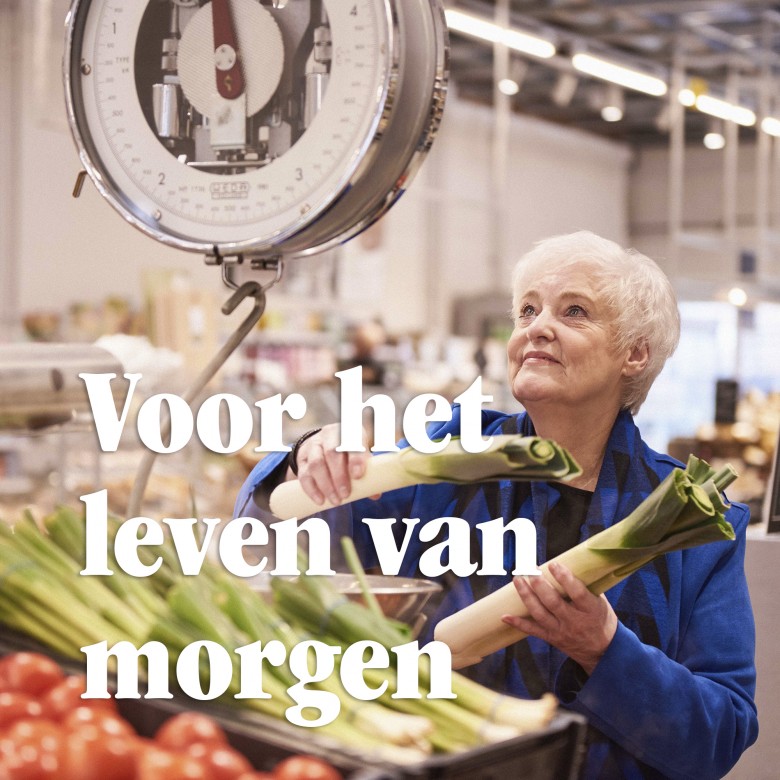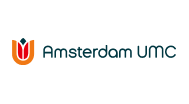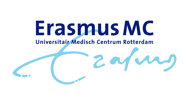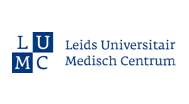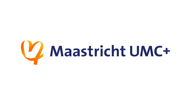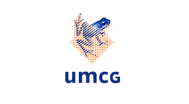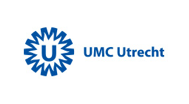Prevention
Good care not only means healing illness, it involves preventing illness as well. By investing now in effective prevention, umcs are creating a future health gain. We are making Dutch people healthier, plus healthcare remains affordable and accessible. How are the umcs working on preventing diseases?
Prevention is becoming increasingly urgent: life expectancy is rising, and there are more and more patients with one or more chronic diseases, overweight, cardiovascular diseases and diabetes. The cost of healthcare continues to rise partly as a result.
The umcs conduct a great deal of research to find out more about the health of the Dutch population. We use this knowledge for prevention: at home, at work, at school, in healthcare and in other places in society. To prevent people from getting sick (and therefore need not be treated or less) and to promote everyone's health and vitality. So that citizens can continue to participate in society for as long and as much as possible.
Prevention: how do we use it optimally?
In our healthcare system, people and resources are mainly used to treat and care for people who are ill. Prevention - that is, maintaining good health or health problems - is receiving much less attention. In the Netherlands, a social debate has been going on for some time about the need for more prevention. This raises the question of how to make better use of the possibilities for prevention, both within and outside the healthcare system. In the NFU Paper Prevention: what is it and how do we use it optimally? scientists from the umcs are looking for answers to this. The paper contains:
- An overview of which types of prevention there are, for which target groups, and in which sectors prevention is carried out.
- A number of principles that can give direction to the discussion about how to use prevention optimally.
- A reflection on the question of why the practice of prevention is so much more complex than the theory suggests, and how we can nevertheless make progress with prevention policy.
Umcs work for the health of today and tomorrow
By collaborating with healthcare partners, the umc's have already achieved a great deal with existing programmes. For example, vaccination and lifestyle programmes, population screenings and healthcare innovations. It is now the time for a stimulus to make prevention even more effective. For example, the persistent large gaps in life expectancy (healthy) between population groups can be addressed. This stimulus demands an integral approach, new alliances, and scientific knowledge and experience from various disciplines.
Prevention of health problems:
the role of the umcs
By generating knowledge, combining the available knowledge, promoting that knowledge is applied in practice and by training future health professionals, the NFU, as the umbrella organization of the UMCs, contributes to the national mission for health and care:
“In 2040, all Dutch people live in good health at least 5 years longer, and the health differences between the lowest and the highest socio-economic groups have decreased by 30%.”
In this video Karien Stronks (professor of Public Health, Amsterdam UMC) and Niek de Wit (professor of General Practitioner Medicine, UMC Utrecht) talk about how the umcs are committed to prevention.
Roles of the umcs
The umcs have three important societal functions: providing care for highly specialised patients, conducting scientific research, and offering medical education and training. They are working intensely on prevention from various perspectives. There are a number of practical examples on the following pages:
Strengthening collaboration
Many parties play a role in promoting health, such as national and regional authorities, healthcare insurers, care providers and knowledge institutes. The approach to prevention is still rather fragmented, though. More collaboration is developing between the medical and social domains, and the NFU wants to strengthen this collaboration, to enable great steps in prevention to be taken in the coming years. How? To start with, we propose the following three initiatives:
1. National infrastructure of local health data
Umcs, general hospitals, GPs, GGDs, RIVM, local authorities and other parties all have their own databases and initiatives. A secure linking of all this information is necessary for the continued development of prevention in the healthcare sector. This would allow researchers, healthcare professionals and companies to optimally use the medical and health data for better care and new solutions. This includes the field of prevention.
2. National Prevention Platform
In 2018 the National Prevention Accord was a great initiative to start working collaboratively on the theme of prevention. For the next step, the NFU proposes setting up a platform for topics that have to be addressed at the national level, together with and for all important parties in the field of prevention. In this way the right knowledge can be applied in the right place, and successful initiatives can be quickly adopted by other regions.
3. Regional prevention fund
It is important to find more funding for research and innovation in the field of prevention. But there must also be room for free, unrestricted research. That is why a new permanent fund of €100 million would be so valuable. Such a prevention fund could stimulate the application of knowledge in practice in networks.


